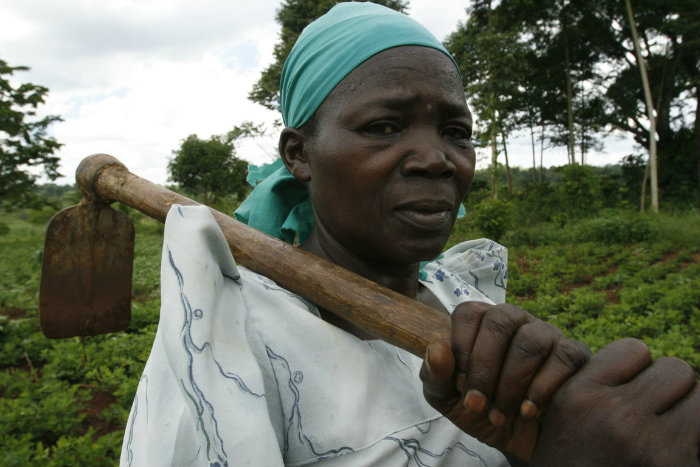By: Natasha Gilbert
Send to a friend
The details you provide on this page will not be used to send unsolicited email, and will not be sold to a 3rd party. See privacy policy.
Agriculture is the hardest policy area for international development organisations to reform, according to a research report.
The analysis, published on (30 April) by US research partnership AidData, found that aid organisations were more likely to achieve policy shifts in the realm of democracy and decentralisation of government power than in farming.
“In agriculture, the probability of success in reform implementation is lower than any other policy domain.”
Brad Parks, AidData
The report, The marketplace of ideas for policy change, examined how international and non-governmental organisations shape policy changes in low- and middle-income countries. The team interviewed more than 6,700 policymakers and aid professionals from 126 countries to gauge what works.
“In agriculture, the probability of success in reform implementation is lower than any other policy domain,” says Brad Parks, the co-executive director of AidData, which analyses data on global development spending.
He says this may be because land right conflicts in many developing countries exacerbate the difficulties in reforming agricultural policies and implementing those changes on the ground.
“We know it’s difficult in agriculture,” confirms Emily Janoch, a senior advisor for aid organisation CARE. In some countries, agriculture accounts for up to 90 per cent of the economy and this makes it difficult to bring about change, she says.
Janoch adds that governments are often pushed in opposing directions by international organisations with conflicting views on agricultural policies, such as whether to promote the use of artificial fertilisers, which further hinders change.
The AidData report says that, with policy discussions about the Sustainable Development Goals (SDGs) increasing, aid organisations should look more carefully at the impact of their work. This is especially true for organisations that aim to encourage government action in certain areas by tying funding to results, it says.
For example, the Global Environment Facility (GEF), an international partnership addressing green issues, assesses country progress in environmental policymaking based on how successfully they implement GEF projects. It then allocates further funding according to these performances.
The GEF aims to promote “sound environmental policies and practices worldwide”. But the AidData analysts found that the GEF assessment did little to improve national policies.
This result is likely to be because the assessment is too focused on global environmental action rather than “environmental issues that benefit local constituents”, the study says.
But other institutions that support development performed better. The World Bank’s assessment of developing countries’ systems for collecting and analysing data has a “particularly strong influence on government reform efforts that are ultimately successful”, says the study.
This finding is good news for efforts to improve the collection of data to measure progress towards the SDGs, says Parks from AidData.
He hopes the report will help aid organisations improve how they target their activities. “It gives you an idea if you are pushing on an open or a closed door,” he says.
References
The marketplace of ideas for policy change (AidData, 30 April 2015)














